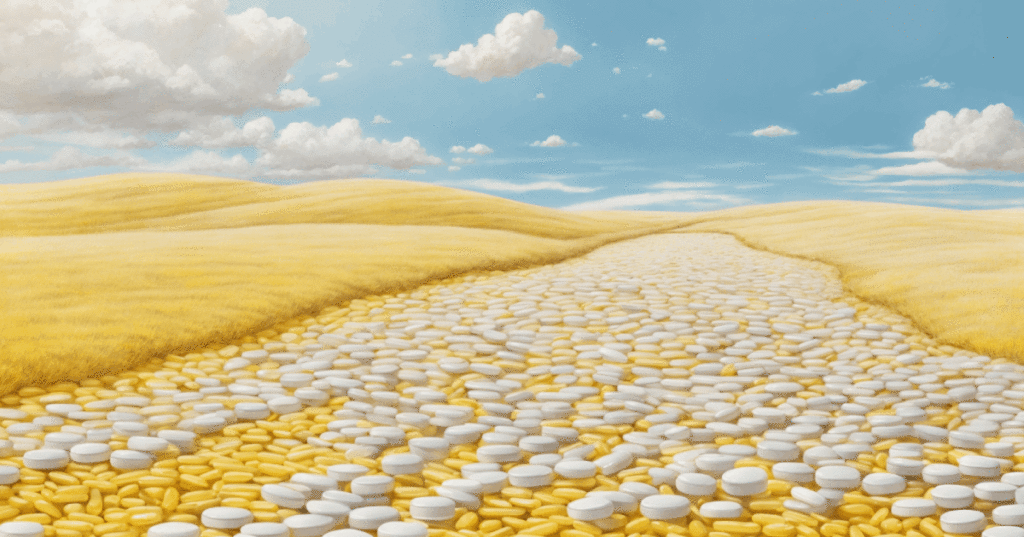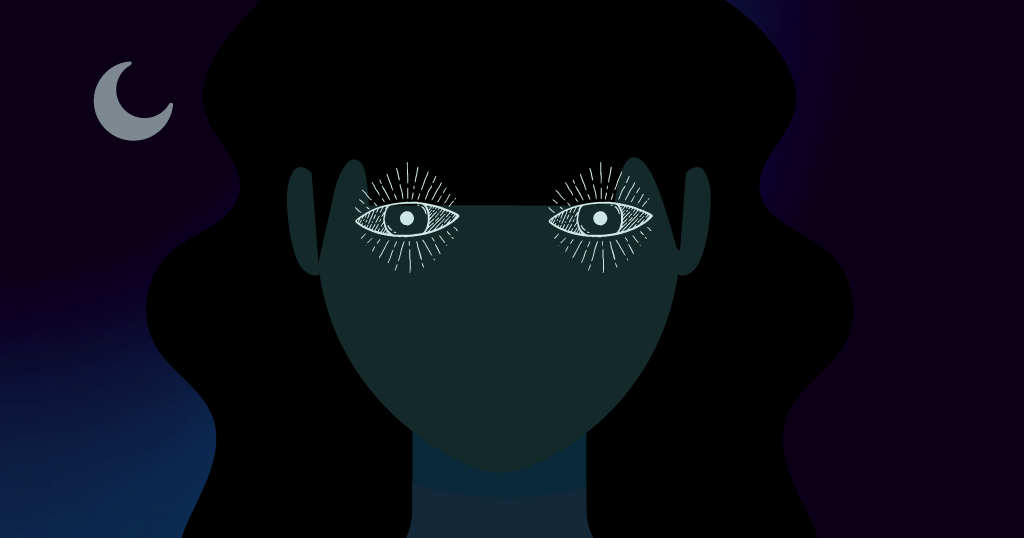Scientific American article series on self-experimenters
While investigating insomnia I came across this 2008 series of Scientific American articles on eight people who’ve been experimenting on themselves to investigate a variety of hypotheses. The subjects include a cybernetics professor who’s wired his nervous system to a computer, the playwright who made the movie “Super Size Me,” and a cardiologist who tried ...





